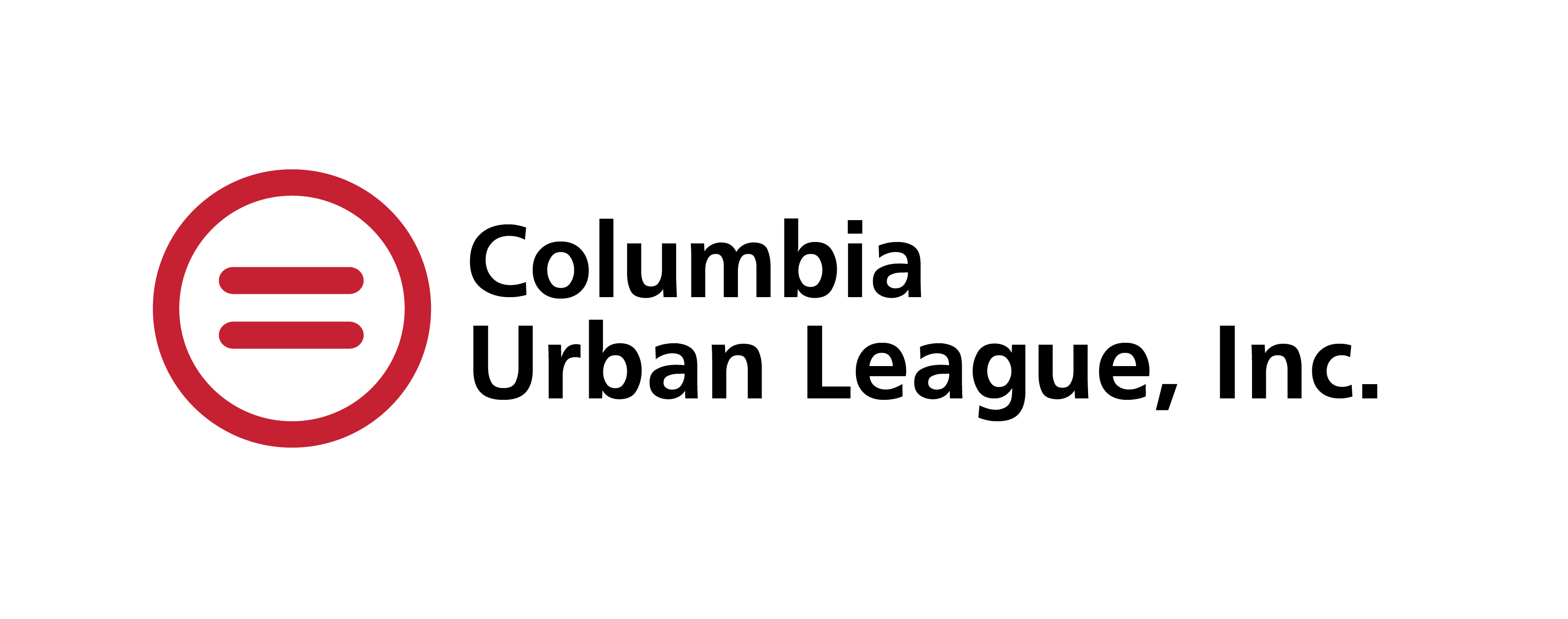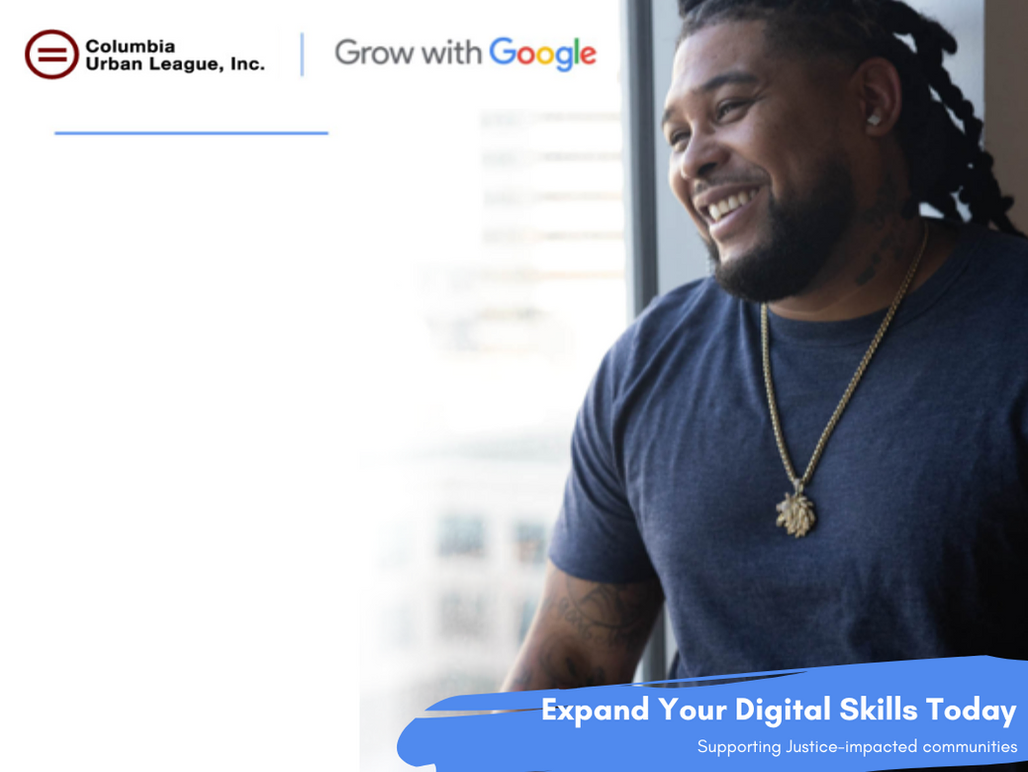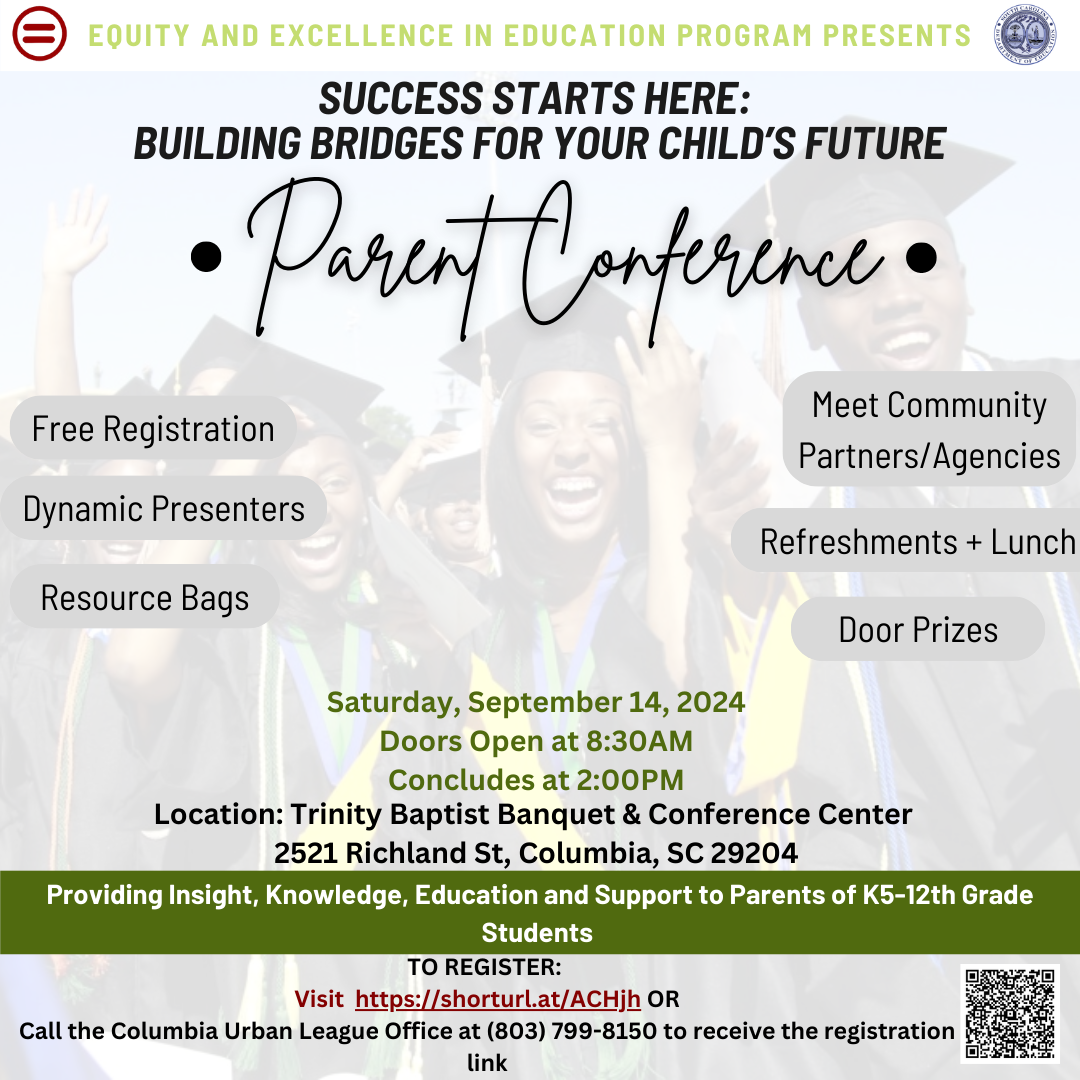Press Release Contact: Juanita Dean-Bates 803.929.1041
Columbia Urban League Joins Google Program to Offer Digital Skills Training for People Impacted by Incarceration
In June, Google announced an initiative to help people impacted by incarceration gain digital skills through strategic partnerships and programming.
Columbia, S.C. – Today, the Columbia Urban League announced it’s working with Google to provide digital skills programs to advance economic opportunity for people impacted by incarceration. In June, Google shared its investing $4 million toward a new fund that aims to expand its justice reform work. Over 500 nonprofit organizations across the country applied to receive support from the fund and the Columbia Urban League is one of the recipients selected by Google based on its history of helping people who have been impacted by incarceration receive training, career resources, and job placement support.
More than 600,000 Americans leave incarceration each year and face higher jobless rates than the U.S. average. The lack of technology in prison creates further barriers to employment, as digital skills are increasingly essential in the current job mark. The Columbia Urban League will use the new funding to integrate Google’s digital skills curriculum into its existing programming with the goal of helping people impacted by incarceration learn skills for today’s jobs. The Columbia Urban League will implement the Google curriculum within our youth and young adult programs. Through partnerships with our local Juvenile Justice and solicitors’ office, our goal is to train individuals with the needed skills to become and continue to be productive and contributing members of society.
“As we work to create a more inclusive economy, we’re committed to helping people impacted by incarceration access training for today’s jobs,” said Tia McLaurin, Senior Manager, Grow with Google. “We’re proud to work with outstanding partners to ensure more people can qualify for great jobs and create a new beginning for themselves and their families.”
The selected organizations will use Google’s digital skills curriculum that was co-created with five nonprofits – The Last Mile, Center for Employment Opportunities (CEO), Defy Ventures, Fortune Society, and The Ladies of Hope Ministries. The program’s training includes five learning paths that Google developed in collaboration with nonprofit partners (1) Getting Started with the Basics, (2) Job Search, (3) Job Readiness, (4) Online Safety, and (5) “Next Steps” Job Readiness Skills. Lessons vary from fundamental digital skills such as how to apply for jobs online and create a resume to more advanced topics including entrepreneurship and business budgeting. Partners will integrate this curriculum into their existing programs to help people develop skills that will help them get a job or start a business.
Since launching in April 2021, Grow with Google’s program has helped more than 10,000 people impacted by incarceration obtain digital skills. Out of the participants surveyed, 85% said that they felt more prepared for their future, and over 75% reported they had a job or were enrolled as a student by the end of the program. To date, Google has given over $48 million in Google.org grants and committed 50,000 pro bono hours to advance criminal justice reform. Learn more about how Google is expanding access to digital skills training to support individuals who were formerly incarcerated at grow.google/justice-impacted.
About the Columbia Urban League
For more information, please contact the Columbia Urban League at 803.799.8150 or go to the website at www.culsc.org.
About Grow with Google
Grow with Google was started in 2017 to help Americans grow their skills, careers and businesses. It provides training, tools and expertise to help small business owners, veterans and military families, jobseekers and students, educators, startups and developers. Since Grow with Google’s inception, it has helped more than nine million Americans develop new skills. Grow with Google has a network of more than 8,500 partner organizations like libraries, schools, small business development centers, chambers of commerce and nonprofits to help people coast-to-coast.
###


